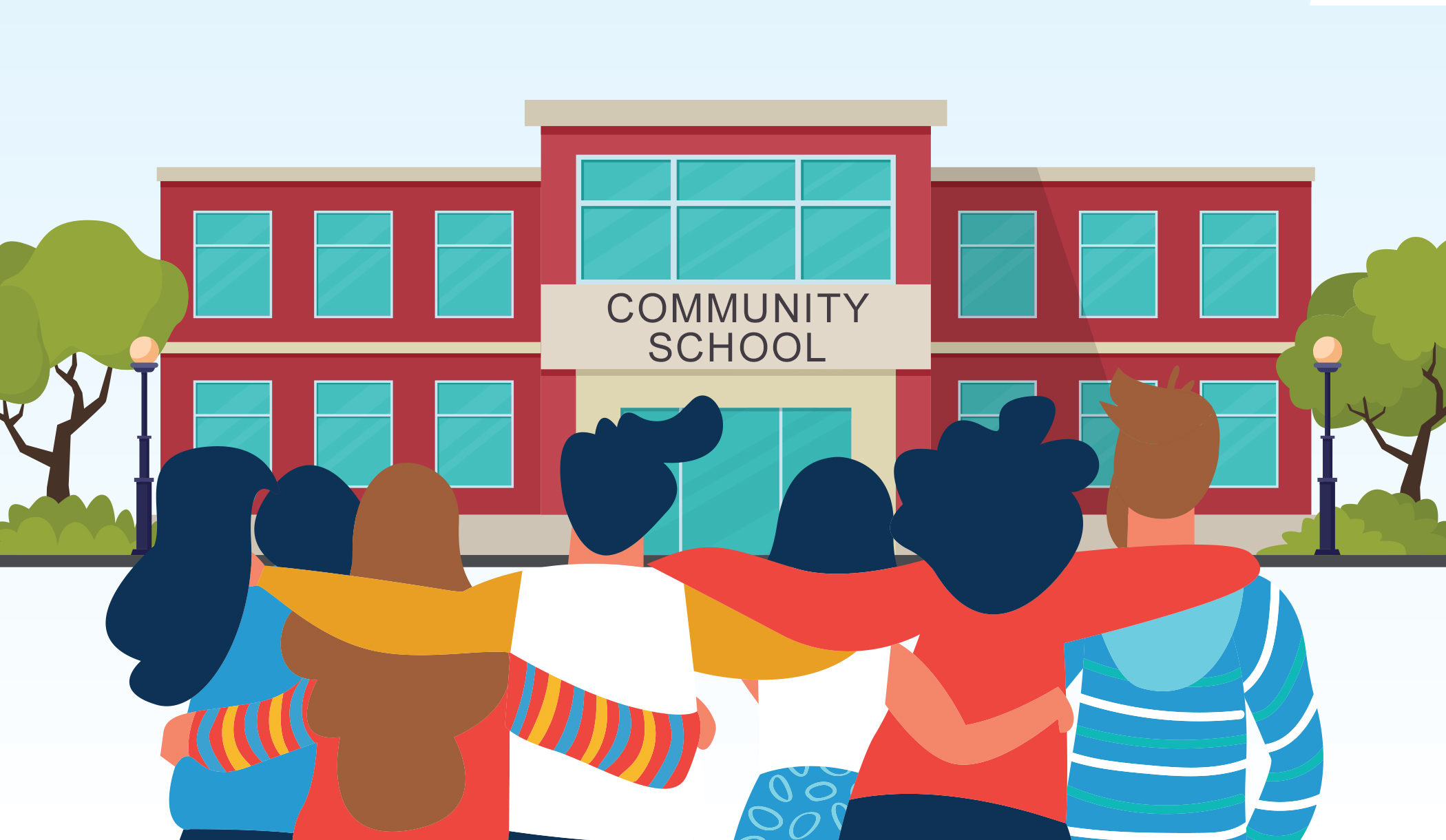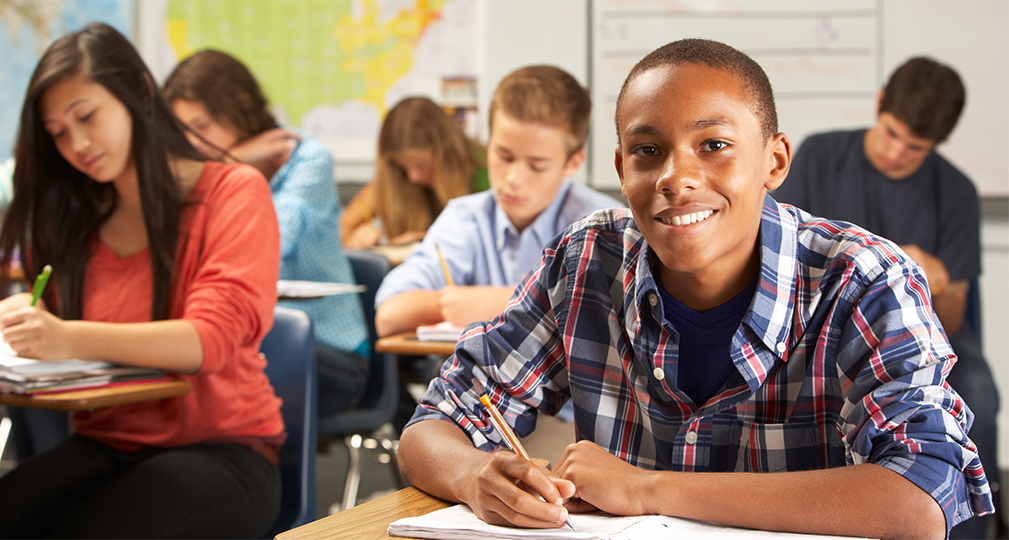How Schools Play a Critical Role in Shaping Future Leaders and Innovators
Institutions are crucial in forming future leaders and innovators via the cultivation of important reasoning, imagination, and collaboration. By integrating project-based understanding and interdisciplinary researches, universities challenge pupils to examine and manufacture complicated information. Educators offer as coaches, assisting pupils and nurturing their possibility, while extracurricular activities even more establish management skills and resilience. This dynamic setting not only concentrates on specific staminas but additionally emphasizes the importance of team effort, essential for navigating tomorrow's difficulties. Just how exactly do these elements interaction to produce a durable foundation for future success?
Promoting Vital Believing
In today's quickly developing globe, fostering vital believing within schools has actually become critical. As culture faces significantly complicated international challenges, the ability to examine, review, and synthesize information is important. Institutions play a vital role in developing these skills, preparing pupils to navigate and attend to complex issues with notified, reasoned decisions.
To grow essential thinking, educators employ various pedagogical methods that urge energetic discovering and intellectual interaction. Class discussions, problem-based discovering, and Socratic examining contribute in advertising logical and reflective mind. By challenging trainees to question assumptions and take into consideration multiple point of views, these techniques guarantee a deeper understanding of topic beyond rote memorization.
In addition, integrating important thinking throughout the curriculum enhances its significance and applicability in diverse contexts. Topics such as maths, scientific research, history, and literature each offer unique chances to create pupils' important professors. For circumstances, evaluating historic events needs examining resources and comprehending context, while scientific questions demands extensive theory testing and evidence-based reasoning.
Ultimately, instilling essential assuming abilities in pupils equips them with the cognitive tools needed for lifelong discovering and flexibility. It is with this fundamental skills that future leaders will be able to innovate, fix problems, and contribute meaningfully to society.
Urging Creative Thinking
Embracing creative thinking within instructional frameworks galvanizes students to believe beyond standard boundaries and explore innovative remedies. By incorporating artistic endeavors and creativity exercises right into the educational program, schools cultivate an atmosphere where originality and creative idea are valued. This strategy not just enhances the instructional experience but additionally furnishes students with the capacity to deal with real-world challenges in novel means.
University can foster creativity through varied ways such as project-based knowing, interdisciplinary researches, and the consolidation of arts and innovation. Project-based understanding, for circumstances, motivates pupils to apply their expertise in sensible, frequently collective, projects that demand creative analytic abilities. Interdisciplinary researches enable pupils to attract links between different topics, consequently widening their point of views and enhancing their innovative capabilities.
Moreover, supplying students with chances to involve with arising technologies, such as coding and digital layout, additionally nurtures their innovative potential. These tasks prompt students to experiment, fail, and iterate, which are important parts of the creative process (Save Temecula Schools). By keeping a helpful environment where testing is urged, colleges can guarantee that students create the self-confidence to seek cutting-edge ideas
Fundamentally, supporting creativity in instructional setups is important for shaping future leaders and innovators efficient in dealing with intricate international problems with resourcefulness.
Supporting Cooperation

Executing group-based discovering modules and participating projects permits pupils to experience the characteristics of synergy firsthand. This not only prepares them for the joint nature of modern-day offices but additionally supports leadership qualities as they commonly need to tackle functions such as job supervisors or group planners. In addition, partnership in the class can break down social barriers and promote inclusivity, making certain that each student feels valued and heard.
Additionally, incorporating technology can even more support joint initiatives. Tools like common electronic workspaces and interactive platforms allow students to interact efficiently, even outside the classroom. As trainees develop these collaborative skills, they are better geared up to take on intricate difficulties and innovate, laying the original site foundation for their future functions as trendsetters and leaders.
Duty of Educators as Coaches

Mentorship involves tailored attention, where teachers recognize and nurture private staminas and address weaknesses. Save Temecula Schools. Via one-on-one communications, educators can tailor their recommendations and assistance to fulfill each student's special requirements, promoting a sense of self-confidence and strength. This tailored technique cultivates a growth mindset, encouraging pupils to check out failures as chances for discovering and growth
In addition, instructors function as good example, showing the worths of determination, empathy, and stability. Their attitudes and actions supply a blueprint for pupils to emulate, instilling a feeling of ethical obligation and social understanding. By creating a encouraging and inclusive class environment, educators make it possible for students to develop interpersonal skills that are essential for reliable management.
Fundamentally, the mentorship given by educators lays a foundational framework for the advancement of future leaders, furnishing them with the knowledge, skills, and values needed to stand out in an ever-evolving globe.
Impact of Extracurricular Activities
When incorporated properly into the instructional framework, extracurricular activities dramatically boost student development and leadership possibility. These activities supply students with possibilities to explore interests beyond the standard curriculum, fostering a well-rounded skill collection.
In addition, extracurricular involvement motivates imagination and development. Students took part in drama, dispute, or songs clubs discover to believe critically and technique issues from varied point of views. These experiences infuse confidence, enabling students to voice their concepts and take initiative in numerous settings. By working together with peers from various histories, pupils additionally create compassion and interaction abilities, vital characteristics for future leaders.
Extracurricular activities additionally play a crucial role in scholastic performance. Research indicates that trainees associated with such programs have a tendency to have greater grades try here and far better participation documents. These activities offer a healthy and balanced outlet for anxiety, adding to overall health. Hence, schools that focus on a balanced method to education, incorporating robust extracurricular programs, are a lot more most likely to create leaders and pioneers furnished to satisfy the challenges of the future.

Final Thought
Finally, institutions dramatically shape future leaders and trendsetters by nurturing critical thinking, creative thinking, and collaboration among trainees. Involving pedagogical techniques such as project-based learning and interdisciplinary research studies play an essential role in this growth. Teachers, serving as mentors, offer important advice and support, while after-school activities further boost leadership possible and durability. By fostering an encouraging setting that values private toughness and synergy, colleges equip trainees with the required skills to browse future challenges and drive development.
As trainees establish these collaborative skills, they are better geared up to take on intricate challenges and introduce, laying the groundwork for their future roles as innovators and leaders.
By fostering important reasoning and problem-solving skills, educators help pupils navigate complex challenges, preparing them for management roles in different fields.
By working together with peers from different backgrounds, students additionally create empathy and interaction skills, essential qualities for future leaders.
In final thought, schools significantly shape future leaders and innovators by supporting critical reasoning, creative thinking, and cooperation among pupils. By promoting a supportive setting that values individual staminas and team effort, institutions equip trainees with the necessary abilities to browse future difficulties and drive advancement.